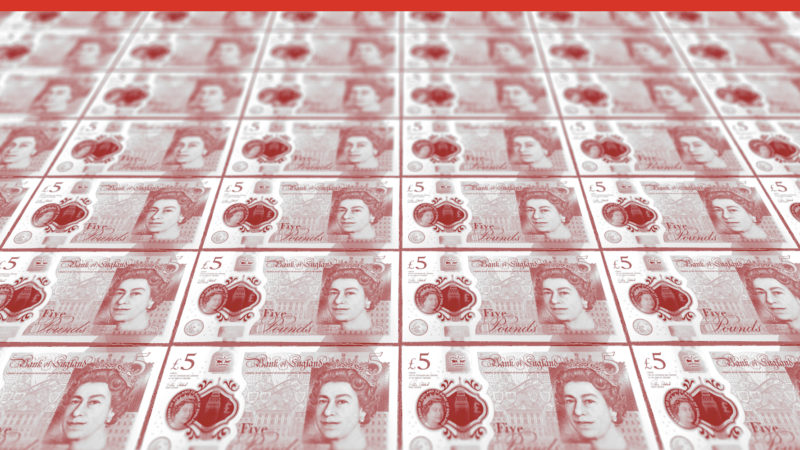
In response to the coronavirus epidemic, Labour figures are calling on the government to provide urgent financial assistance to people and universal basic income (UBI) has been one of the options touted.
The general idea of a universal basic income is, as the name suggests, to give all citizens a regular payment regardless of their income or employment status, with recent proposals ranging from £50 to £100 per month.
Shadow Secretary of State for Digital, Culture, Media and Sport Tracy Brabin has urged a temporary introduction for freelancers and the self-employed after a call for evidence on how Covid-19 is affecting them.
Meanwhile Lord Andrew Adonis tweeted to say that this might be the time for a “national basic income, made up by the state where people can’t earn it, as an emergency step”.
But Torsten Bell, head of the Resolution Foundation, has expressed concerns about implementing UBI as a result of the spread of the virus, arguing that it would be “misguided given the pace of what is happening”.
He laid out his reservations on the efficacy of introducing it now, and cited Universal Credit as an example of how establishing a whole new system would take longer than the urgency the coronavirus situation requires.
Bell suggested that the priority should be “quicker/more generous” payments addressing the cost of getting sick and losing hours. He targeted the benefit freeze specifically, and urged the extension of sick pay to the low paid.
With up to a fifth of the working population estimated to become sick with the virus, the virus is exposing many of the flaws in our sick pay and wider welfare system that leave people financially vulnerable when ill.
The government has made statutory sick pay payable from day one, instead of having to wait until the fourth day as per the previous system. But many aren’t protected by this benefit, including two million self-employed and low-paid workers.
Boris Johnson has urged this group to apply for Universal Credit, but the benefit has a notoriously long waiting period of up to five weeks and is clearly not suited to the urgent support needed by many.
While there are concerns about the ability of any government to introduce UBI in the short term, as expressed by Bell, The Guardian has reported that the epidemic is set to extend into 2021.
It is clear that measures introduced to deal with the economic impact of Covid-19 will not only apply in the short term, which means any policy developed should be sustainable and appropriate for the long term as well as for immediate requirements.
The question of whether Labour should back UBI generally has been hotly debated within the party, with arguments both for and against offered by LabourList contributors.
Last year, Labour included the piloting of UBI in a few certain places in its manifesto for the 2019 general election, with bids submitted from Liverpool and Sheffield among other areas.
In the run-up to the election, Labour MPs supporting the policy included Ed Miliband, Thelma Walker, John McDonnell and Jonathan Reynolds.
McDonnell revealed his personal support in an interview shortly before the ‘Clause V’ meeting – in which the party determines what goes in the manifesto – and said that he would be pushing for the party to include the policy.
UBI is a pretty old idea, and the core elements of the concept stretch back centuries. The idea of minimum income emerged in the early 1500s, while the concept of an unconditional payment to citizens came later in the 18th century.
But it has received a lot of acclaim in recent years, buoyed by increasing concerns about the rising proportion of jobs that are becoming automated and rising unemployment as a result.
It’s found support among both the left and the libertarian right. And pilots have appeared in countries around the world, including in Finland, Canada, Scotland, Iran and the US.
Supporters cite studies of the Finland and Canada, saying that the trials show that recipients of UBI had improved mental and physical health, as well as reporting no reduction in the overall amount of time people spent working.
A low-level basic income has been in place for over two decades in Alaska in the US, in the form of a dividend of around $2,000 per year generated from the state’s oil profits. It has paid out more than $24,000 to each resident in that time.




More from LabourList
Letters to the Editor – week ending 1 March 2026
‘I spent years telling workers the law couldn’t help them – that has changed’
Josh Simons resigns as Cabinet Office minister amid investigation